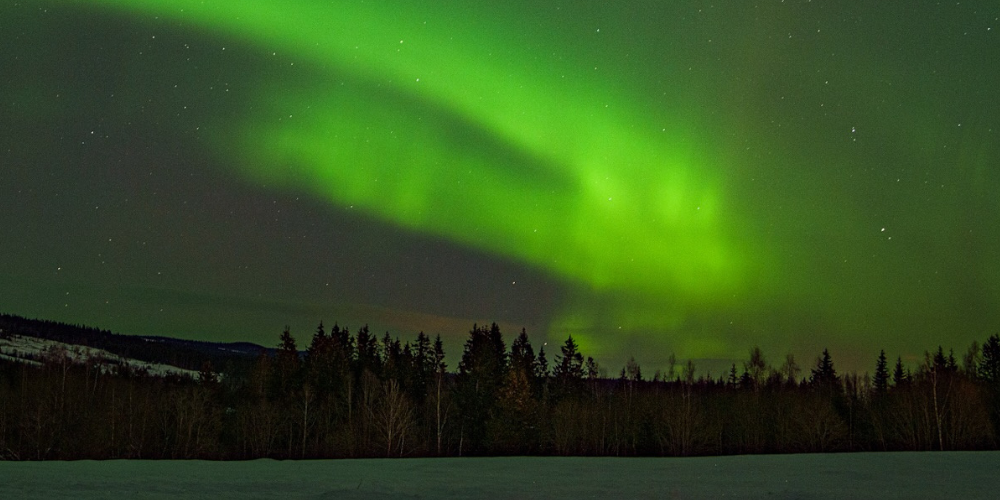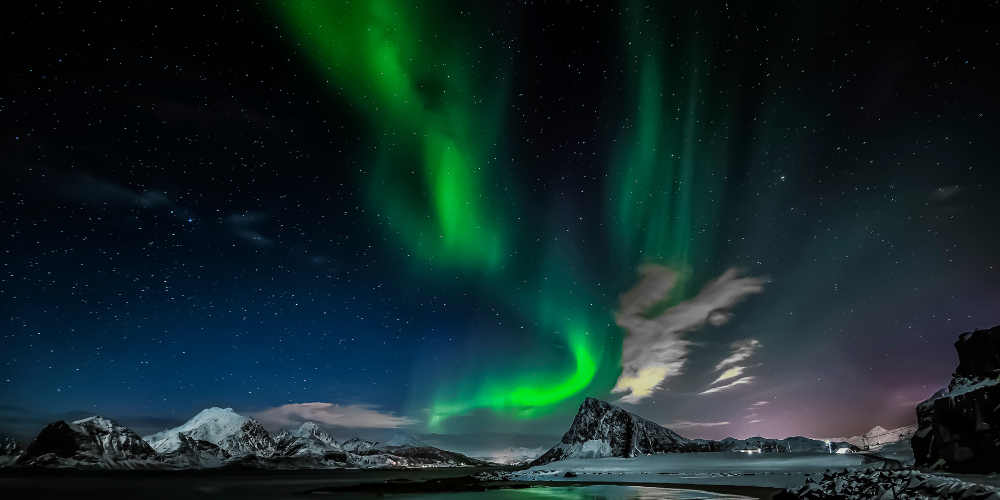When one thinks of black holes, we think of a celestial object that is powerful, dark, and inspires fearful apprehension. Scientists discover something new about our universe when we think there can’t be any more surprises. As expected, there has been a discovery, and it is made by astrophysicists; primordial back holes. They are black holes that were formed during the very first moments of the universe and are still present in the cosmos today.
Now the question is: can one of these ancient monstrosities come close enough to the Earth to cause its destruction? An astrophysicist has calculated its numbers.
The Big Bang
The beginning period of the universe is known to be highly complex and wild. It was nothing like our cosmos today, which are mild-mannered. The scientists were able to comprehend the first few minutes of the Big Bang. However, they were not able to understand what had happened before it. It still remains a mystery that involves plenty of complicated maths.
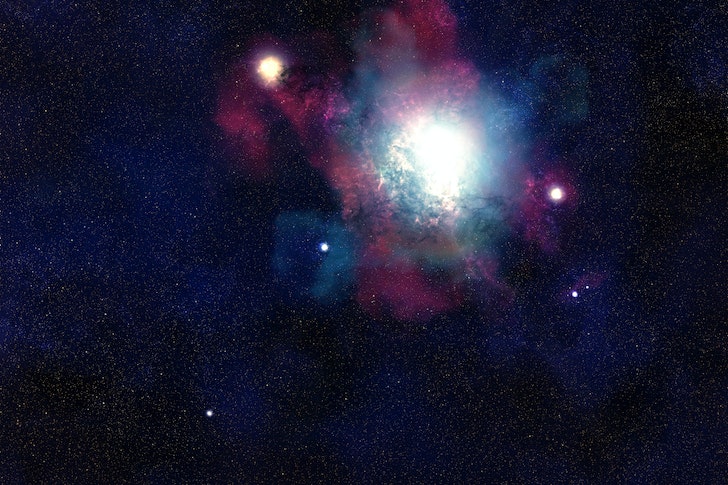
Frank Cone/Pexels | The cosmos are highly different in behavior as compared to how they were in the beginning
Birth Of Primordial Black Holes
Extreme conditions are required to form a black hole, such as a star disintegrating on itself during its final catastrophic moments of life. Even though stars did not exist for the first few seconds of the universe's existence, there could have been just the correct conditions for a black hole to be forged. All that is needed for it is a tiny enough volume crammed with either ton of energy or matter.
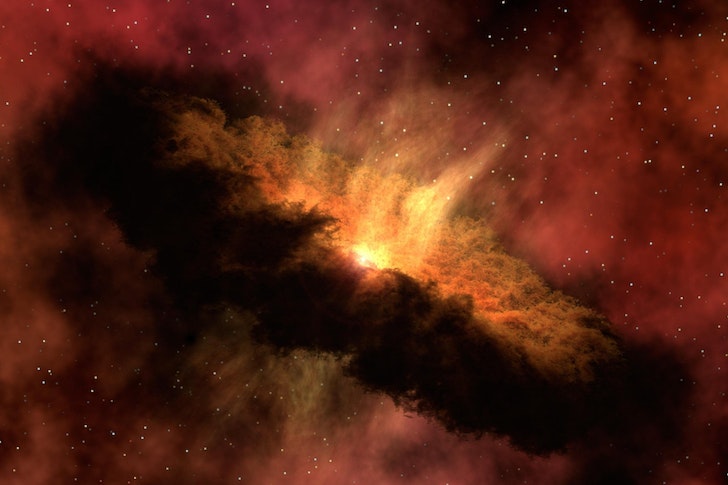
Pixabay/Pexels | The birth of a Primordial black hole needs a lot of matter of energy crammed up in a tiny volume
Running The Numbers
In the worst-case scenario, the question would be: what would happen if a black hole with the mass of an asteroid were to hit the Earth’s surface? The answer is complete calamity and catastrophe. The black hole can cut through the Earth as easily as a hot knife slides through a butter bar. Everything would go out of existence after going beyond the boundary of the black hole, eating up the universe.
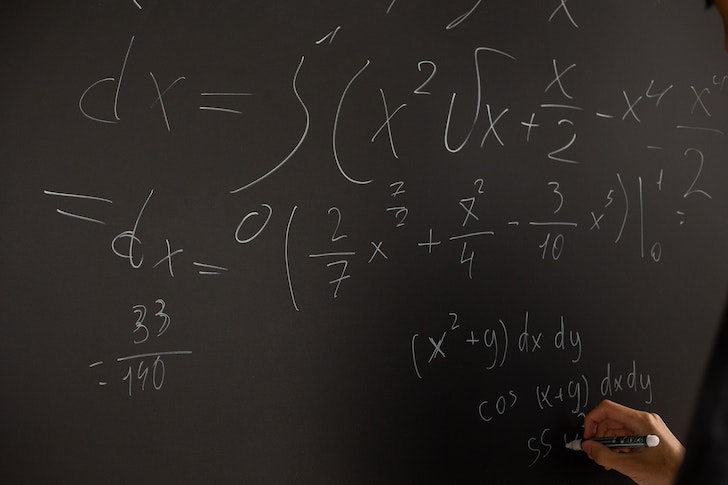
Monstera/Pexels | A lot of calculation was done to conclude that we do not need to worry about a black hole collision.
However, thankfully so, the chances of this happening are in the slightest, according to the calculations. Collisions of black holes are a huge rarity, says the astrophysicist, and a black hole collision is likely to take place once every billionth year, according to their calculations.

